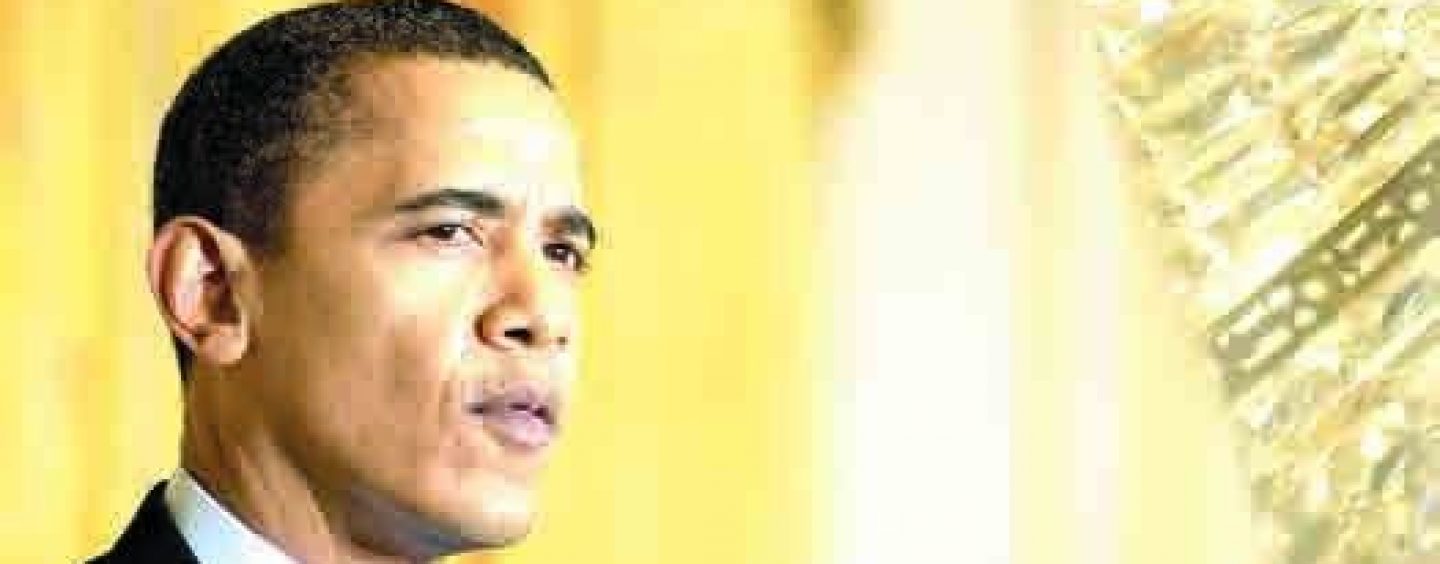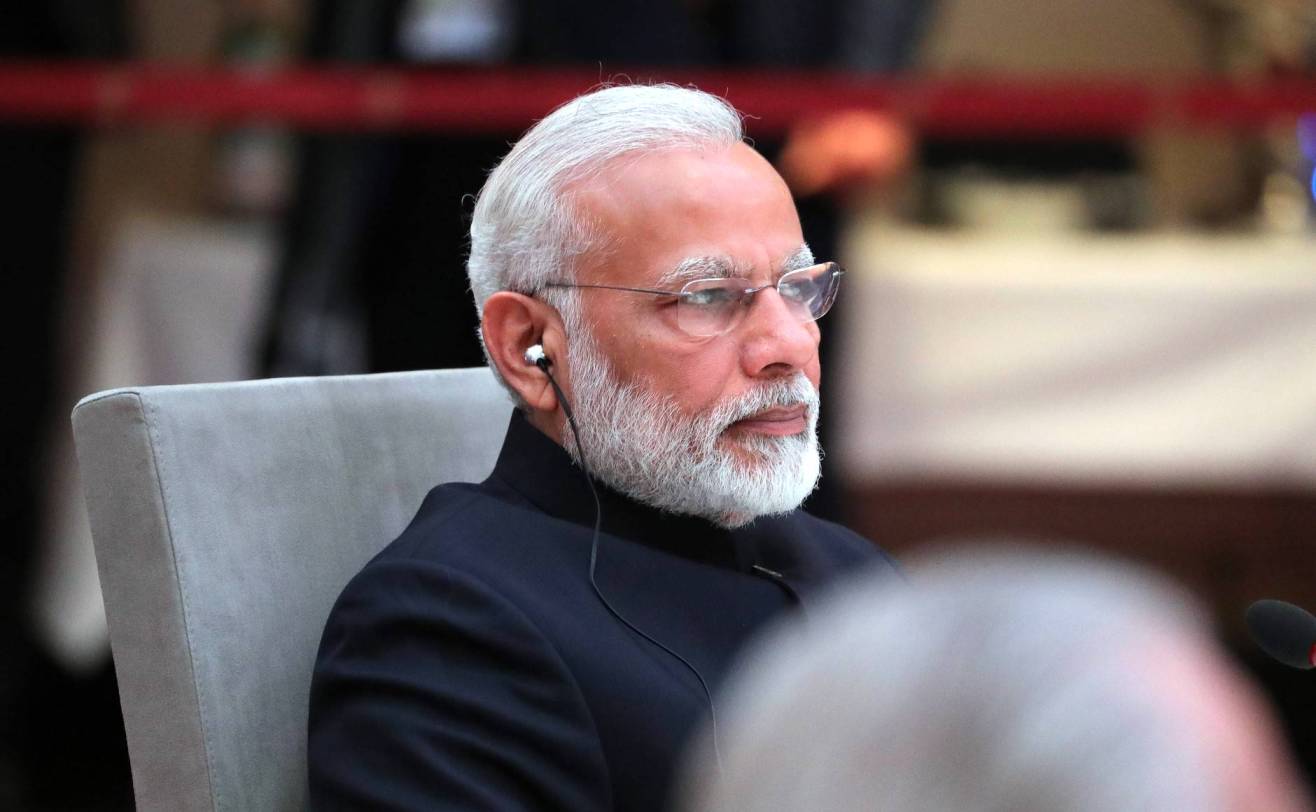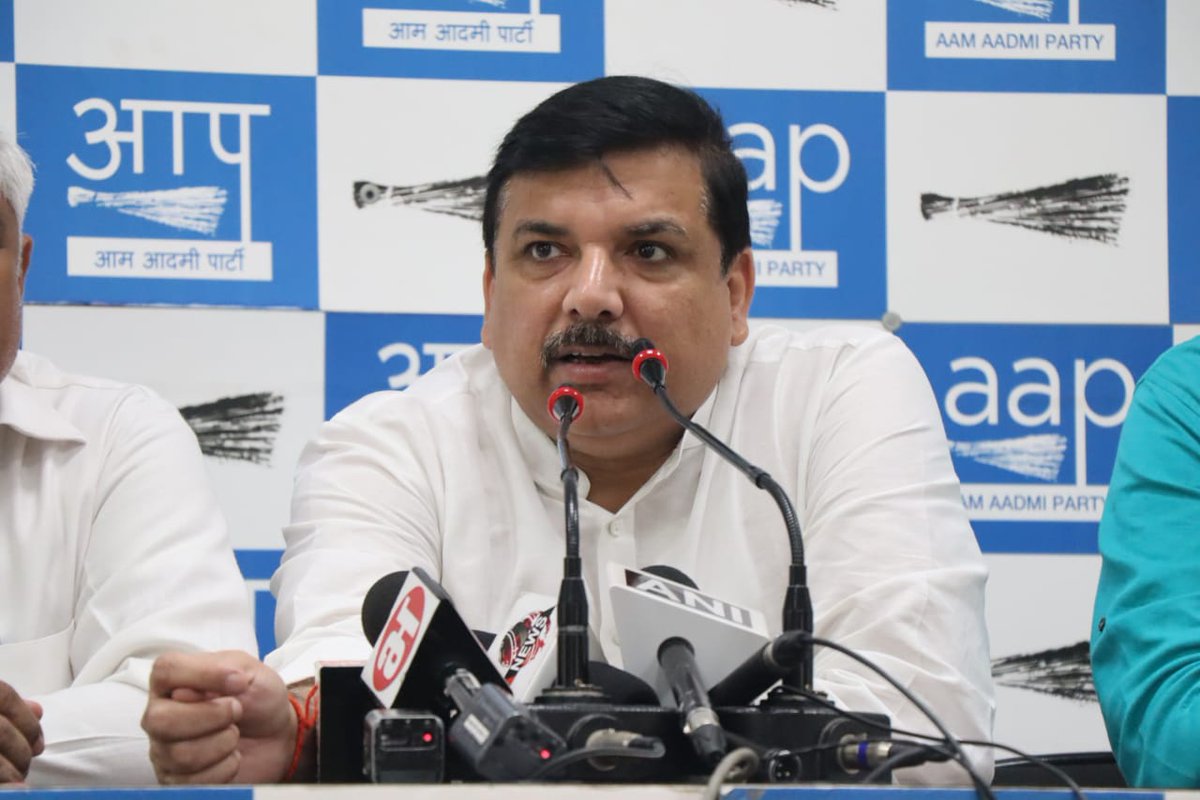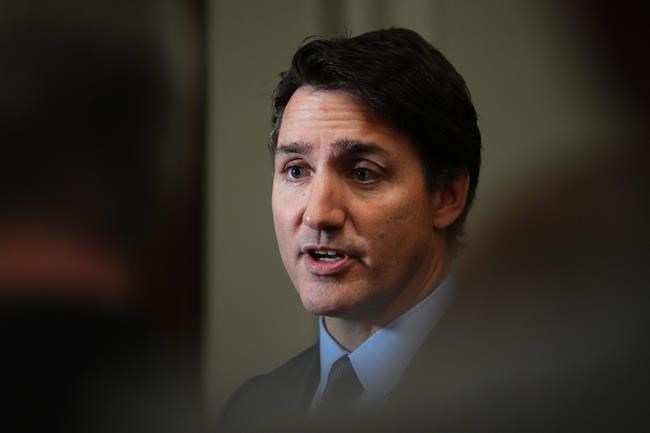India Inc has come down on heavily on US Prez’s protectionist policy
United States’ President Barack Obama’s proposal to reform tax structure, scrapping incentives for American companies outsourcing services to other nations, has been lambasted as a protectionist move by Indian business chambers. ‘Say no to Bangalore and yes to Buffalo,’ seems to be the latest mantra of United States President Barack Obama as he struggles to bring the ailing American economy back on track.
Meeting one of his major election promises, Obama on Monday the announced end of years of tax incentives to those US companies which create jobs overseas in places like Bangalore. Instead, the incentives would now go to those creating jobs inside the US, in places like the Buffalo city bordering
Canada in upstate New York.?”We will stop letting American companies that create jobs overseas take deductions on their expenses when they do not pay any American taxes on their profits,” Obama said at White House announcing the international tax policy re- form. Obama said he wants US companies to remain most competitive in the world. “But the way to make sure that happens is not to reward our companies for moving jobs off our shores or transferring profits to overseas tax havens,” he argued.
Announcing a set of proposals to crack down on illegal overseas tax evasion, close loopholes, and make it more profitable for companies to create jobs in the US, Obama said his series of tax re- forms would save $210 billion in the next 10 years.
The impact of proposed tax reforms on India, which has become a hub for global IT companies, might be marginal, said the National Association of Software and Service Companies (Nasscom). ”
As far as India goes, global companies that earn profits here are subject to a tax rate of 33.9 per cent (including surcharge and cess) and the impact of the proposed reforms on them would be marginal. The tax reforms announced yesterday have only been proposed and there will be ex- tended debate on them before they can be implemented, as it requires existing laws to be changed,” it said in a written statement. The chamber is still evaluating the likely impact of the tax proposal.
India Inc believes the move by the Barack Obama administration to reduce tax breaks for US firms that ship jobs overseas will hit American companies more than impact on the Indian outsourcing industry.
“It’s a more US-US issue rather than one aimed at stopping outsourcing, or off- shoring, or anything to do with India,” said Som Mittal, president of the National Association of Software and Service Companies (Nasscom), a representative body for the industry.
“If you look at Indian companies operating in the US, or elsewhere, they work there and pay taxes there. Hence, it is not about stopping outsourcing, or offshoring, but just to collect taxes,” Mittal said.
His comments came after President Barack Obama said on Monday that the current US tax system gave US-based multinationals that shipped jobs to places like India an unfair advantage over other domestic rivals and wanted corrective steps. “It’s a tax code that says you should pay lower taxes if you create a job in Bangalore, India, than if you create one in Buffalo, New York,” Obama said, explaining why he intended to close tax loopholes and crackdown on overseas tax havens.
“I want to see our companies remain the most competitive in the world. But the way to make sure that happens is not to reward our companies for moving jobs off our shores or transferring profits to over0seas tax havens.” According to a McKinsey-Nasscom study, the Indian software and outsourcing industry employs some two million people, earning total revenues worth $52 billion, of which nearly $48 billion comes from exports.
The Confederation of Indian Industry also felt that the remarks were more in the nature of posturing and that it was not intended at curbing outsourcing of work by US firms to Indian companies. “It’s an internal issue. It will only reduce their competitiveness,” said Hari Bhar tia, vice president of the chamber. “It is a populist posture. Perhaps his (Obama’s) intention was not the same. However, it sends a wrong message.”?Joining the chorus, another industry
body Confederation of Indian Industry (CII) said that even though the move was expected, the developed world should not resort to protectionism in recessionary times as it might not help the recovery process. “The US is going through a deep recession, and we understand the steps taken by them to rewrite their tax code. However, the CII does not want protectionism to be the order of the day,” said Secretary general Chandrajit Banerji. In fact, an early economic recovery in the US would help both the nations, given that India was a net investor in the US, Banerjee added.
Meanwhile, Federation of Indian Chambers of Commerce and Industry (Ficci) termed the proposed move a retro- grade step, forcing business concerns to take measures to restrict their economic activities in one region and not in the other. “In any case, several US corporations have come and set up operations in India because of the several advantages our country has to offer. Our large and growing market, large pool of skilled manpower, reasonable labour costs make investing in India an attractive proposition. While this move would certainly have some impact on US investments abroad and into India, in the long run this would only run counter to the interest of US corporations desirous of cost-efficient operations across the globe,” said Ficci president Harsh Pati Singhania.
The delegation was told the “Buy America” clause or moves to reduce the tax breaks for US companies that create jobs offshore was neither intended for India nor impact its software and out- sourcing industry. Infosys Technologies, India’s second largest software and outsourcing company, also felt that the US proposal was aimed at closing corporate tax loopholes and crack down on overseas tax havens.
– OE News Bureau








 OpinionExpress.In
OpinionExpress.In















Comments (0)